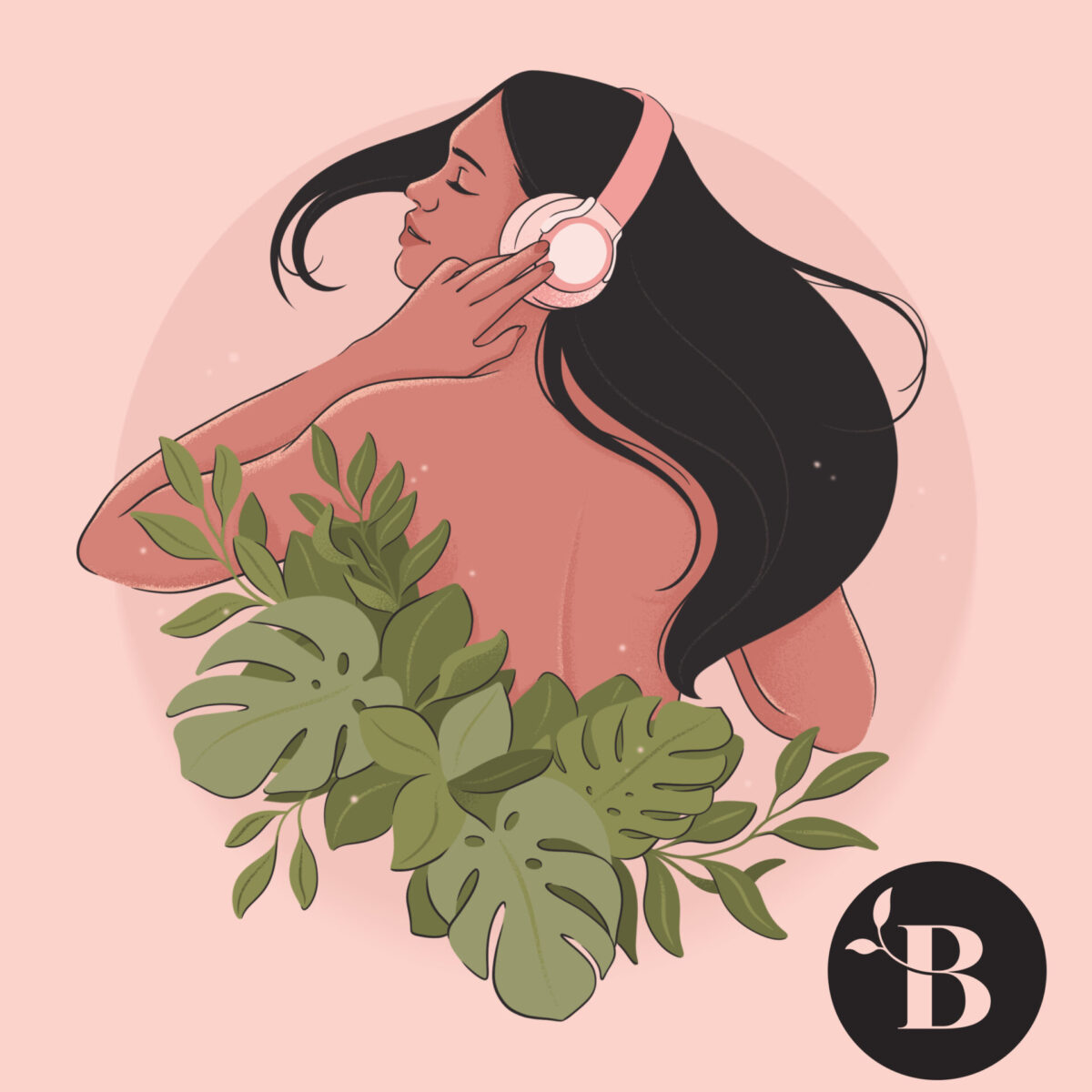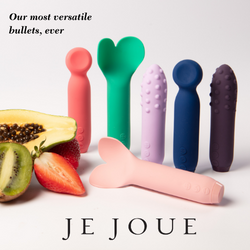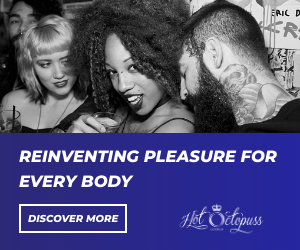Will Celebrating Sexualized Black Bodies Be America’s Newest Tradition?
SexForEveryBody.com is supported by our readers. We may earn a commission if you buy through links on our site. Learn more.
More than any other racial minority in the US, studies show African-Americans believe love is not a pre-requisite for sexual intercourse. They’re also the most sexually active racial demographic among Millenials in the United States.
Amid a social reckoning in America’s relationship to race, studying the impact of highlighting Black-specific sexuality and coupling is thus essential.
In looking at what could impede Black sexual freedom in America’s future, a sense of the delicate dynamics between sociopolitics and sex interplay in redefining African-American freedom emerges.
Sex, community, and violence
Of late, social justice reform has significantly heightened the importance of Black people simultaneously celebrating their humanity while also destigmatizing how Black people feel about the sexualization of their bodies.
The murders of George Floyd and Breonna Taylor have again re-energized America’s belief that the presumption of criminal guilt and perpetual physical violence are acceptable ways to live with African Americans in society.
As author Ta-Nehisi Coates writes in his 2015 book Between the World and Me, “in America, it is traditional to destroy the black body—it is heritage.”
Already fearing violence against one’s self is problematic enough. However, religion’s importance and the preponderance of social conservatism in the African-American community also cause issues.
To wit, according to February 2020 Pew Research data, roughly one in three Black people view themselves as “liberal,” while 60% say churches and religious organizations do more good than harm.
Even deeper, consider the thoughts of Toneisha Friday, the co-founder of Blex, a company working in the African-American sexual health space:
“Often, Black people—because of our families, religious upbringing, or another social issue—have trouble with sexual conversations with ourselves, about our desires, first. If you, yourself, are not comfortable with sex and sexuality, then being able to be in a relationship, or intimate, with someone else, will be difficult.”
RELATED READ: ‘Body-positive for Black Bodies’: How Blex Is Filling a Gap in Sex and Dating Apps
Black sexual freedom
This past year has radicalized many issues at play in a conversation regarding Black freedom in America. It was an American election year where racism was an issue, as a global pandemic disproportionately impacted people of color.
And as previously noted, violence against Black people made gut-wrenching headlines. This confluence offered the societal crucible for change, which has trickled into sexual freedom in the Black community.
Perhaps a silver lining is that 2020 saw Black porn industry legend Sinnamon Love spearhead the development of the BIPOC Adult Industry Collective.
The group aims to be “a resource for education and support services to make the adult entertainment industry a safer space for black, indigenous, and people of color performers in the adult industries.”
As well, the coronavirus pandemic—due to unemployment and a need for interpersonal, yet socially-distanced, autoerotic arousal—led to an explosion in users of peer-to-peer subscription sites like OnlyFans, that offer access to premium erotic content.
Furthermore, rappers Cardi B and Megan Thee Stallion’s song “Wet-Ass Pussy (WAP)” emerged as a call for worldwide female sexual freedom made by two sexually progressive, politically-minded, and freedom-concerned women of color. Between YouTube and Spotify alone, the anthem has been accessed nearly one billion times in a quarter of a year.
Ultimately, 2020’s wild turn of events also finds the Black community at a fascinating crossroads regarding a potential evolution in attitudes regarding celebrating Black bodies and Black sexual freedom.
Idealistically, a development in two parts is best to consider.
Foremost, Black people gaining a sense of physical freedom via movements like Black Lives Matter— along with fewer restrictive government policies that disproportionately criminalize Black bodies are important.
As compared to the possibilities of a second term for Donald Trump in this realm, Joe Biden’s election was vital. However, his Vice President—and, intriguingly, the first Afro-Asian person in the office—Kamala Harris, has a long and well-reported history of being in staunch opposition to expanded rights and freedoms for sex workers.
Therefore, while Black people will likely be freer than we’ve probably felt since the Obama administration, the depth and scope of free exploration of sexuality for Black people will be an issue still in question.
The likely next best move is the growth of a “third space” of sorts, blending online engagement and real-time interaction.
Regressive acts like SESTA and FOSTA are prevalent. Yes, both these anti-sex trafficking regulations significantly protect young people of color. However, both regulations are so broadly written to potentially allow the US Federal Government to legislate sex workers’ rights adversely.
Thus, any space where Black people’s progression and unimpeded sexual exploration are considered must be independent and “underground,” thriving without the stigma of religion or conservatism.
Overall, the need to develop safe and consensual methods that work within but without America’s stigmatizing impacts to increased Black sexual exploration is critical.
Black people developing their most sexualized selves in 150+ years of being free in America can happen. Sustaining that freedom will be a tenuous yet achievable task.
Image credits: Shutterstock
Marcus K. Dowling is a kink-friendly journalist, broadcaster, and entrepreneur.
As a journalist, he’s a published author in Superchamp Books’ 2020-released Dating & Sex: The Theory of Mutual Self-Destruction. He’s also an accomplished food critic, having appeared on the second season of the History Channel’s The Food That Built America and Modern Marvels, plus being published in Washingtonian and the Washington City Paper. Plus, as a writer in the fields of race and culture, he’s written for The Bitter Southerner, ESPN’s The Undefeated, Washington Informer, Red Bull’s Amaphiko community service campaign, and is in the top 10% of most-read writers on Medium, notably at their LEVEL vertical.
As a music writer, he’s written for Rolling Stone, Vice, The FADER, DJCity, VIBE, Complex, Bandcamp, The Boot, Nashville Scene, CMT.com, and more. Moreover, he’s been quoted by the Associated Press, ESPN, the Wall Street Journal, Washington Post, Billboard Magazine, and The Tennessean.












